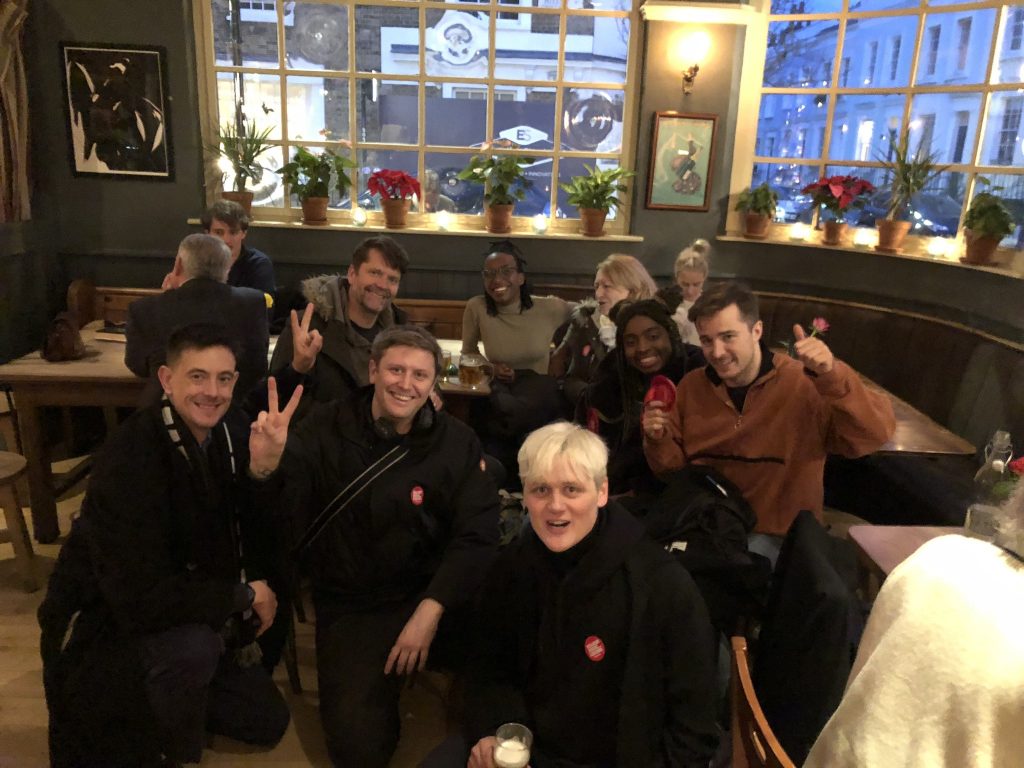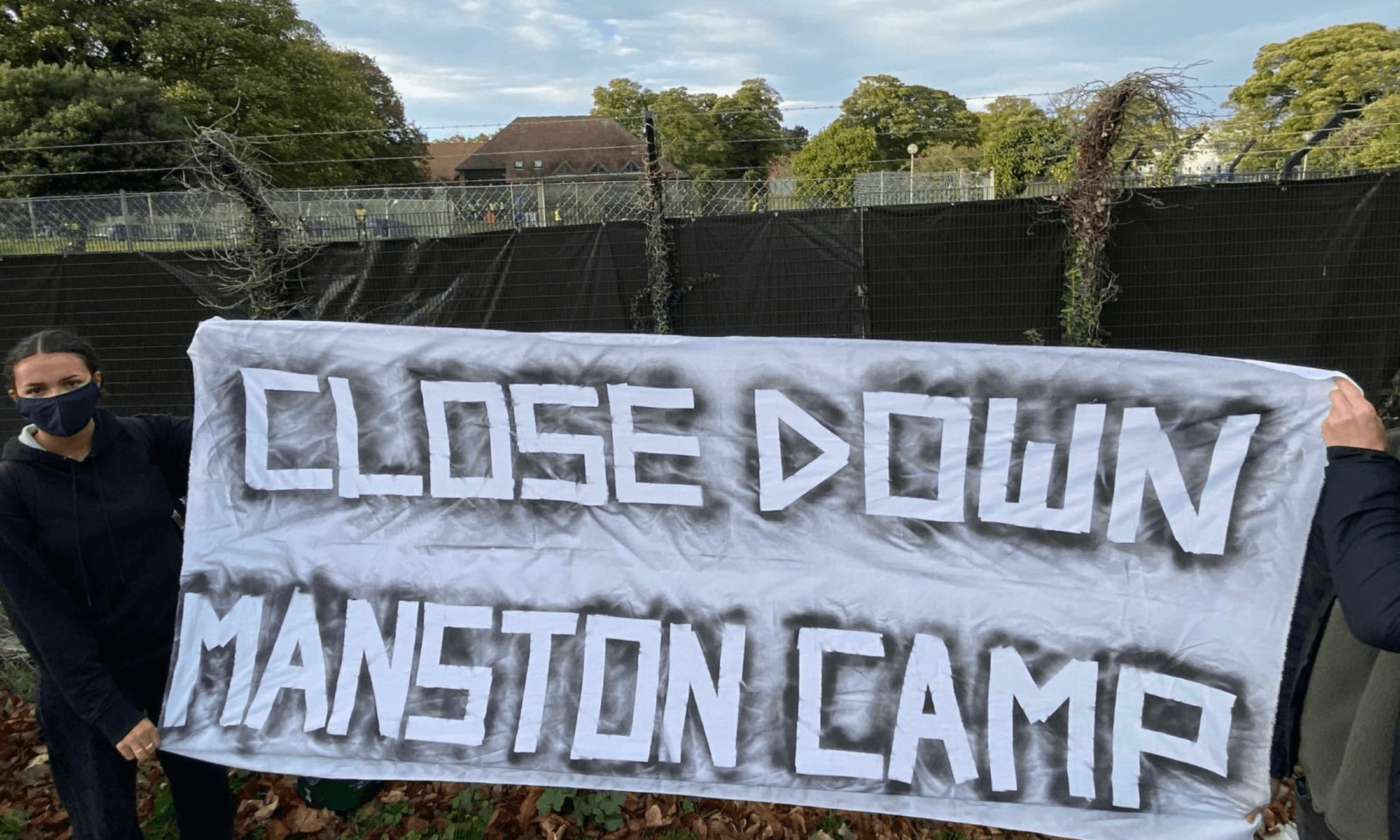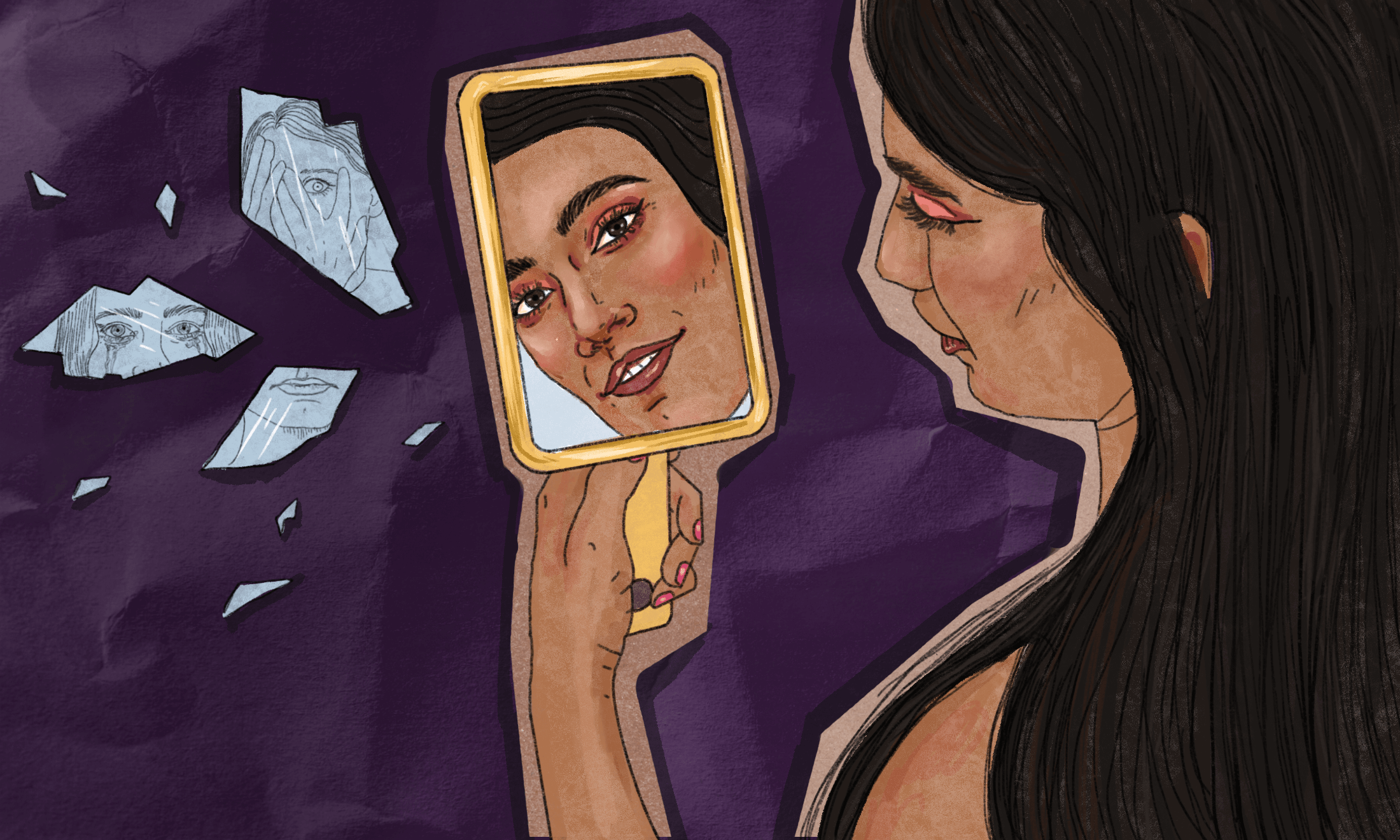
When I realised I had the right to vote in Britain, I was in disbelief. As a Nigerian immigrant, I had internalised the policies of the hostile environment. I felt like I didn’t belong and I didn’t matter. But after agonising and quadruple checking, I confirmed that I could vote and immediately registered. I was so happy about this and at the same time so angry, both with myself and with the institutions that didn’t make this information obvious to international students. I was angry at the systems that didn’t want or care if people like me were engaged in elections.
While I am pleased to be able to cast a vote on 12 December, I’m aware that having the right to vote doesn’t necessarily mean you will feel entitled to do so. The necessity of “get out the vote” campaigns before every election is a testament to the fact that there are systems in place to discourage people from voting. A huge number of people still aren’t aware that they are entitled to take part and be engaged in British politics, that they can have an impact on the decisions that profoundly affect their lives – and it’s not their fault.
“With time, I have come to realise that nothing ever changes by sitting comfortably and watching things happen”
I was born in Nigeria but have lived in the UK for 11 years now, under various visa tiers and immigration statuses. Going abroad to find a better education with more opportunities was common in my family, so I moved to London to start secondary school. As my parents stayed behind, I joined my sister at a boarding school. During the summer I graduated, I turned the legal voting age but while I have always been interested in politics, I didn’t feel any excitement or motivation to take part in it.
The main obstacle to my participation was the constant reminder that I was not a British citizen and that my time here was limited. When I started university in Bristol, I always felt the least knowledgeable of policies and party issues. Information about my eligibility to vote was not put in my university starter pack and when elections came around no one asked me: “Did you know you can vote?” I was wary of the policing of international students. I could be reported to the Home Office if I didn’t register at lectures, missed more than three seminars without notice or failed to confirm my whereabouts to the admissions office during the holidays.
To deal with my resentment towards being made to feel like I didn’t belong, I feigned apathy and disinterest in British politics – pretending I didn’t care because they didn’t care about me. I decided that I surely could not have the right to vote. I then felt comfortable not having to make a choice.
This feeling of inertia when it came to taking part in politics was not new to me. It’s something that I experience being a Nigerian. In Lagos, turning 18 and gaining the right to vote is almost a nominal status. The level of meaningless bureaucracy that one has to go through to acquire your “voter’s card” is apathy-inducing and requires a lot of patience. Registration only opens in the run-up to elections with very long queues and people often have to try several times. And when the election is over, registration ends and the government doesn’t speak of it again.
“After the election was announced, I realised that I was the angriest I have ever been”
It has taken some family members several years to start the process because of how painstakingly long and complicated it can be. In my case, not living in Lagos makes this process extremely difficult, especially when registering or voting remotely is not possible. In the case of many other Nigerians living in Nigeria – some who have moved states, have been internally displaced, have survived terrorist attacks – the struggle to vote is multiplied even further.
With time, I have come to realise that nothing ever changes by sitting comfortably and watching things happen. This general election in 2019 became an important turning point for me. After the election was announced, I realised that I was the angriest I have ever been. The hostile environment, Grenfell, Universal Credit, climate change – as Solange sang, “I got a lot to be mad about”.

For those reasons, I felt that this time, I had to become an agent in the political system. Although I was still under the impression that I couldn’t vote, I knew that canvassing was an option. I was really excited that I could still make my voice heard. Then, one afternoon after spamming my family and friends on WhatsApp, encouraging those who I knew could vote to register, I found out that because of my identity as a “qualifying Commonwealth citizen” resident in the UK, I have, and always had, the right to vote.
I now canvass every weekend in marginal seats for the upcoming general election with a new sense of entitlement. If you are from any one of these countries and living in the UK as a student, or with other forms of resident permits, it is okay if you’re only seeing this now. You haven’t missed an opportunity but rather gained more political agency now and for future elections. And just in case you didn’t know, you’re able to register to vote online, apply for a postal vote or vote by proxy.
For this election, gal-dem has compiled a list of everyone who is eligible to vote.









